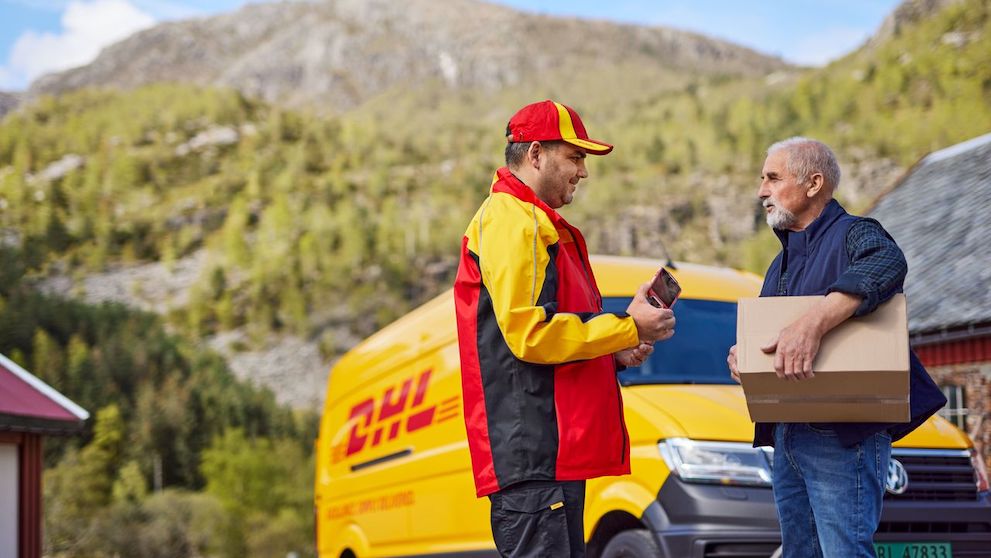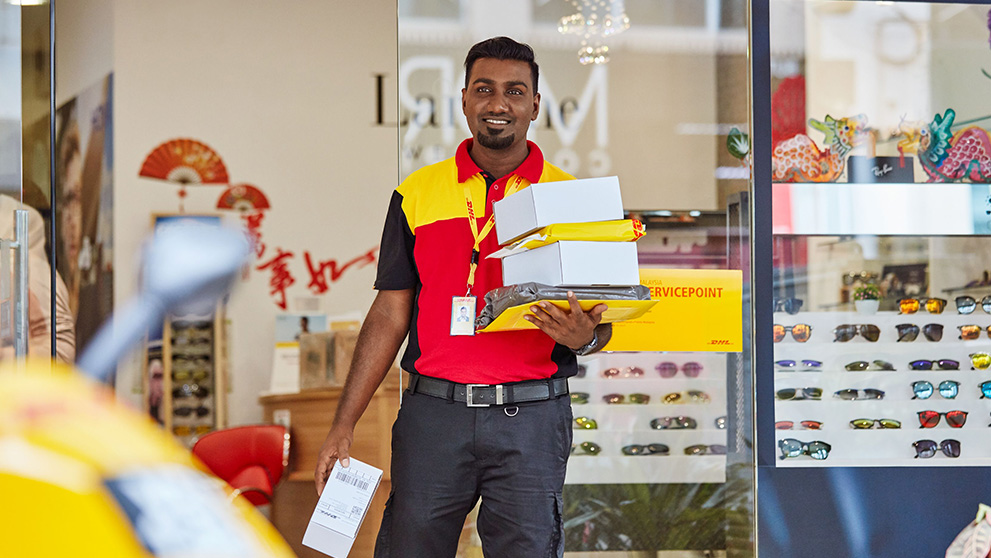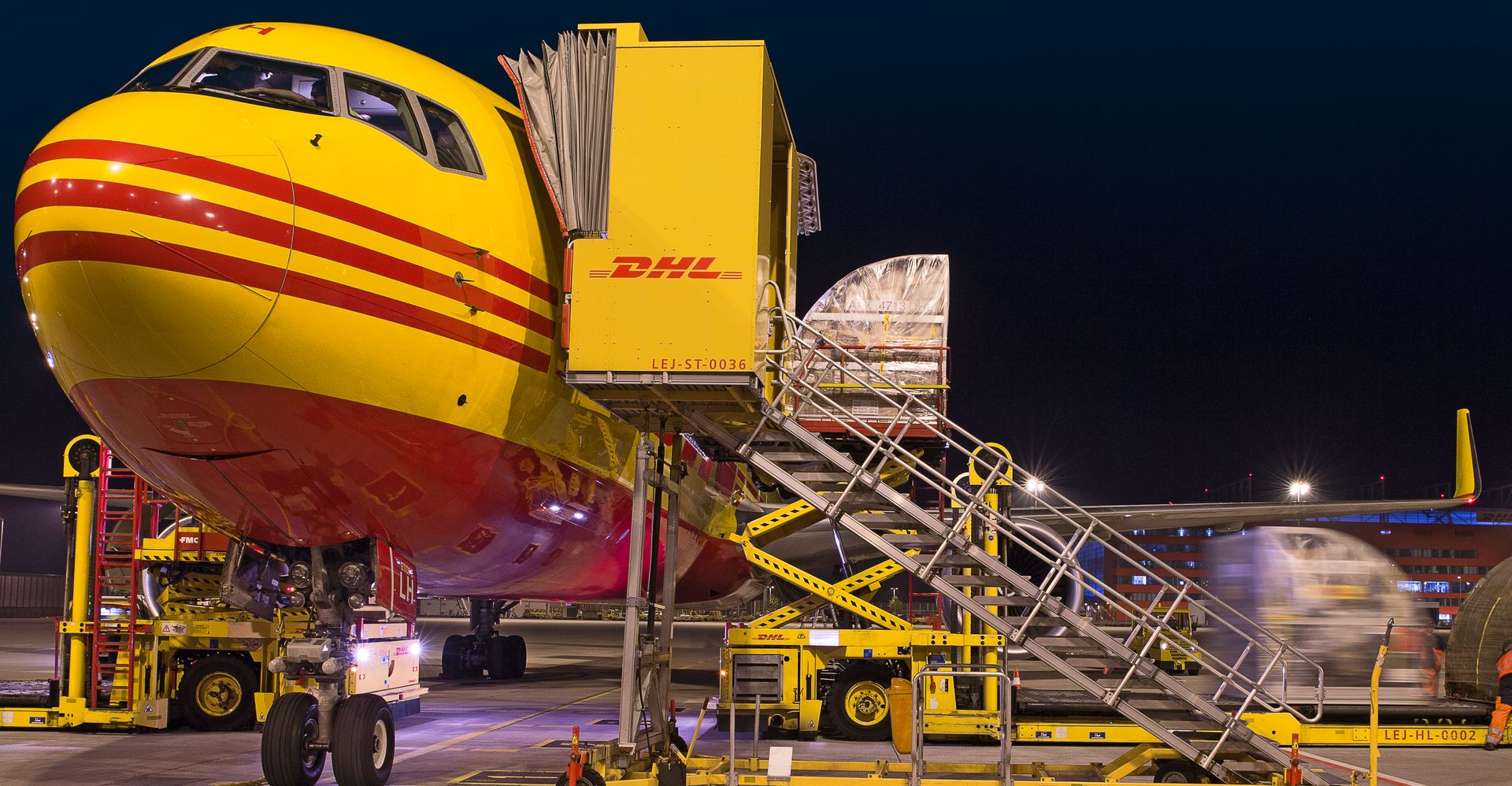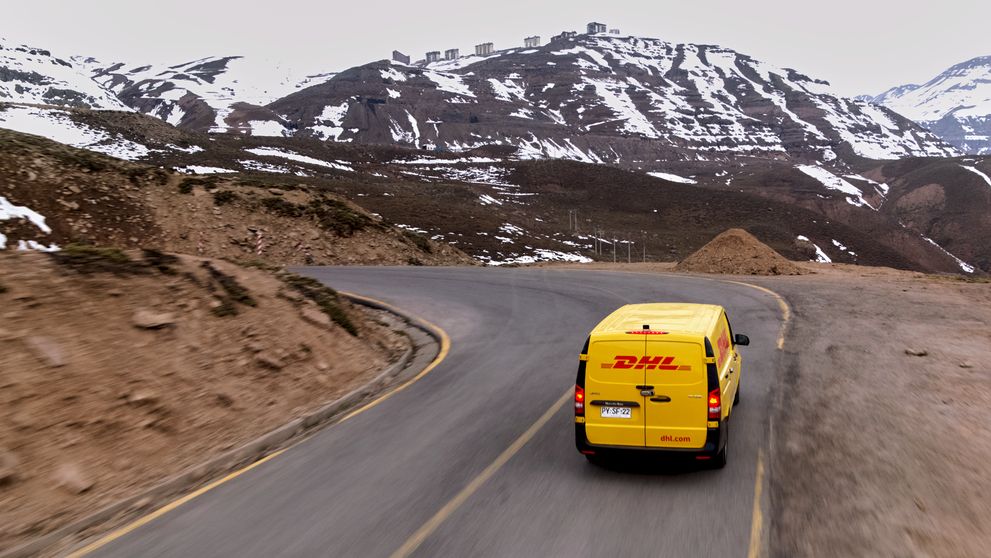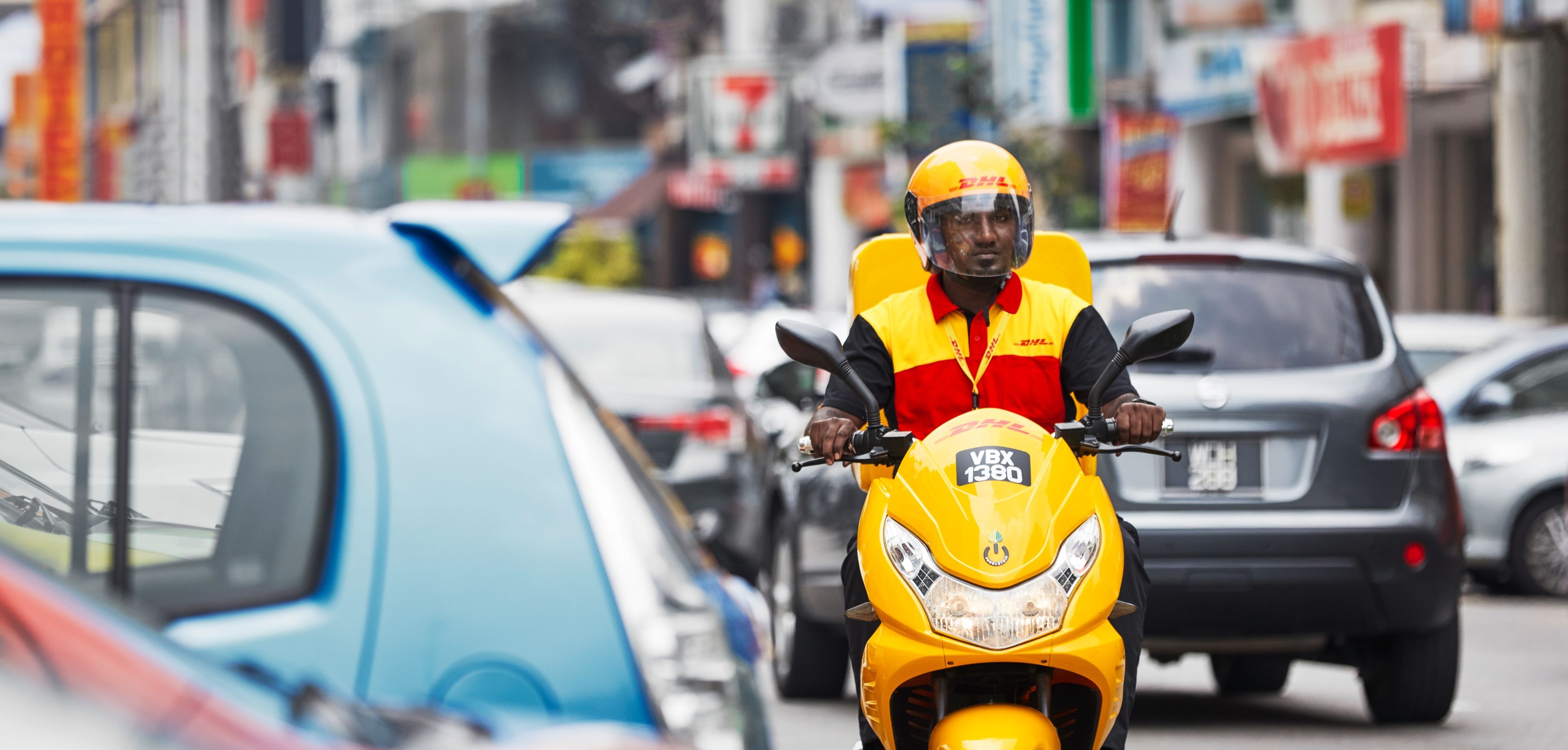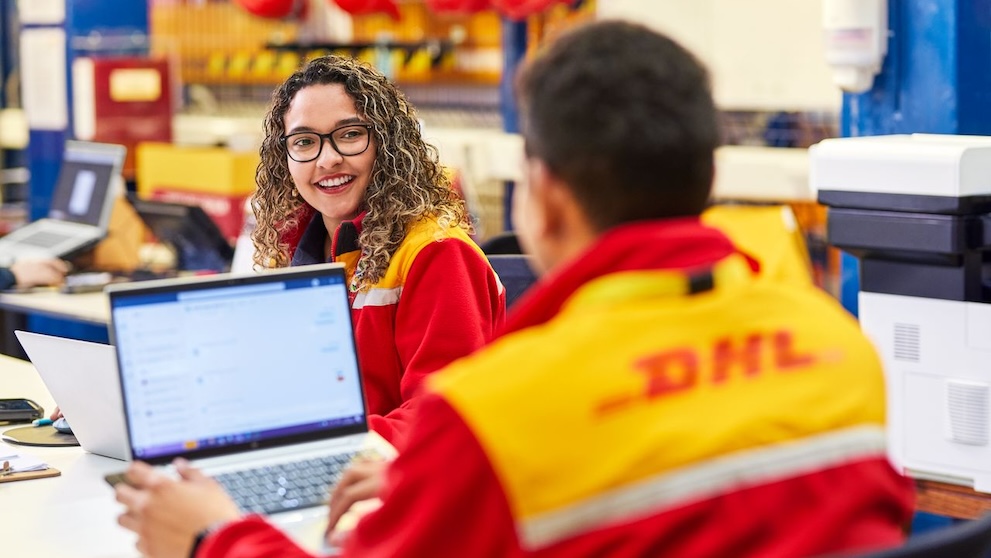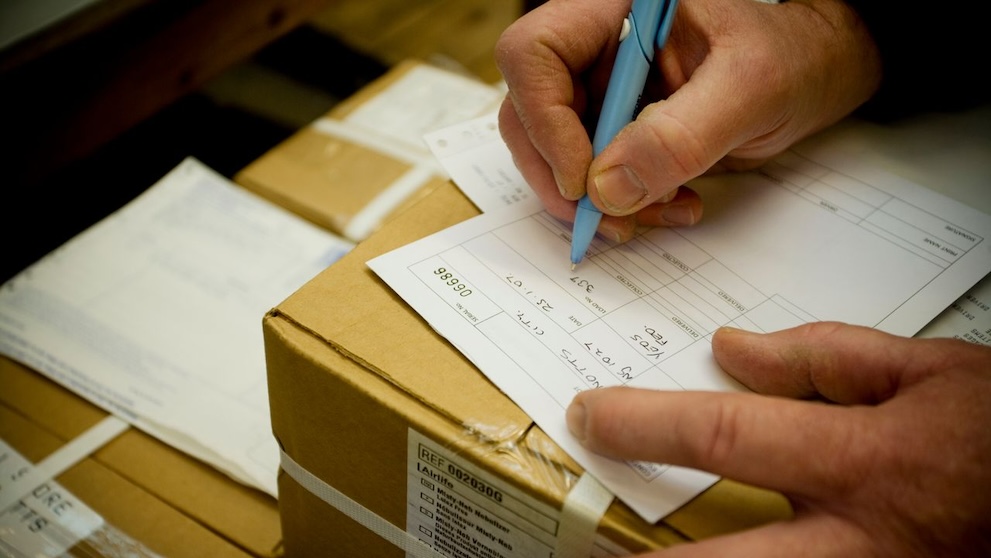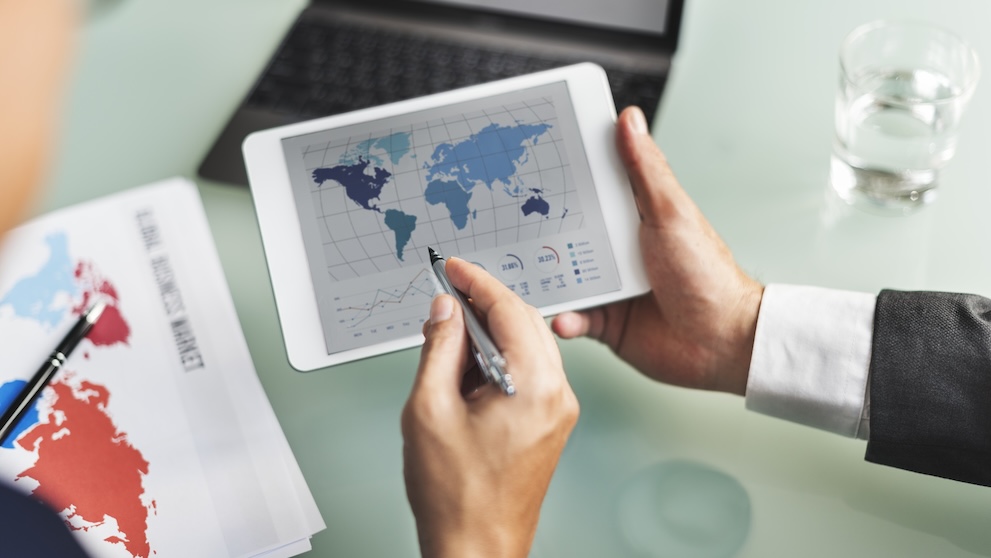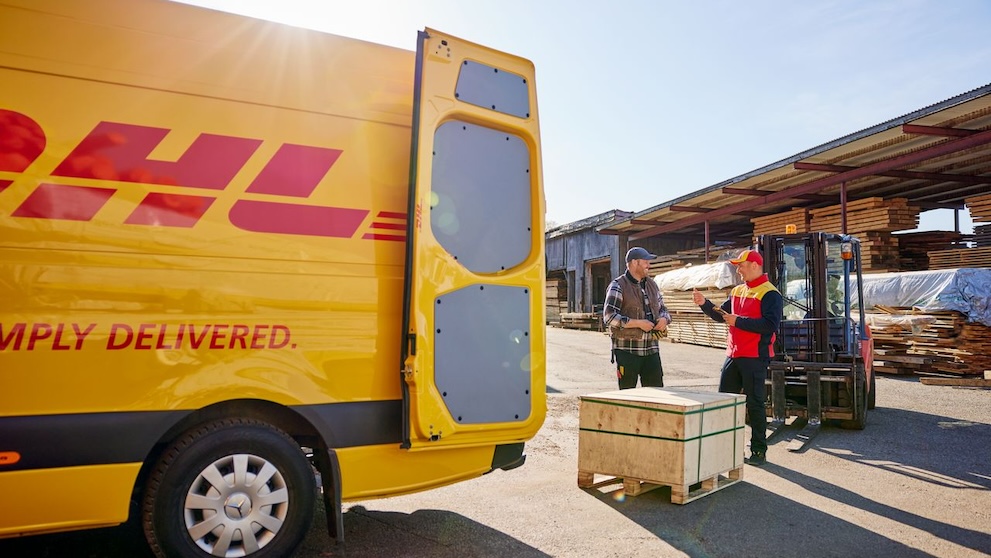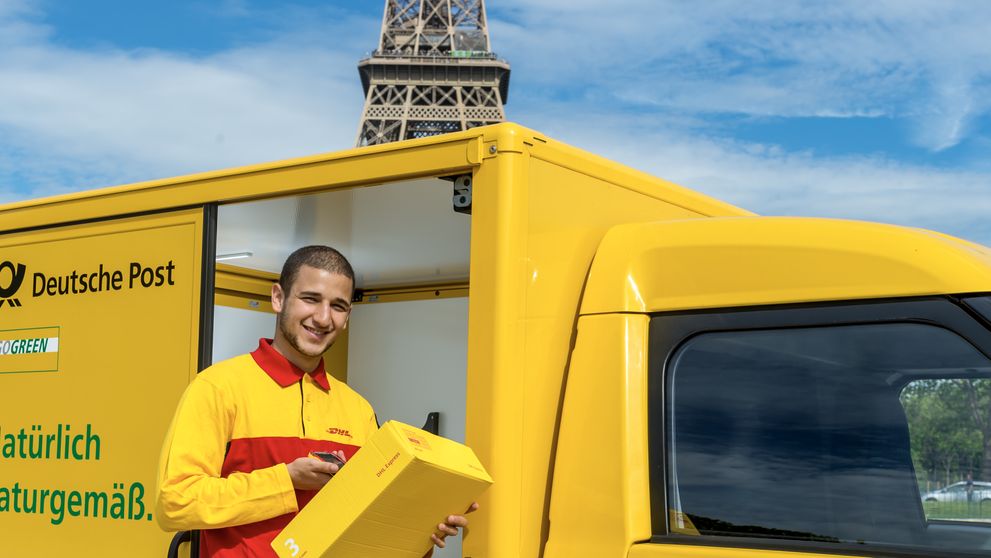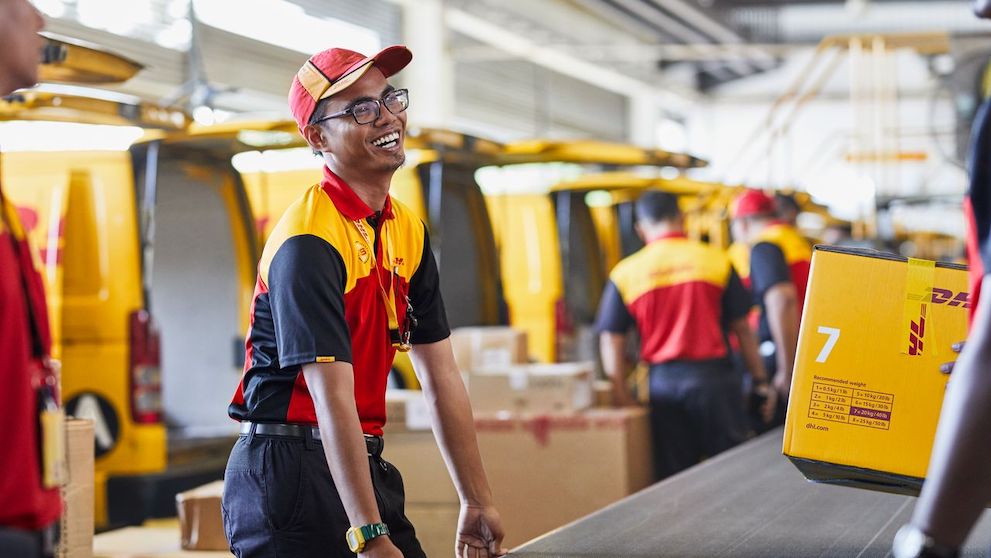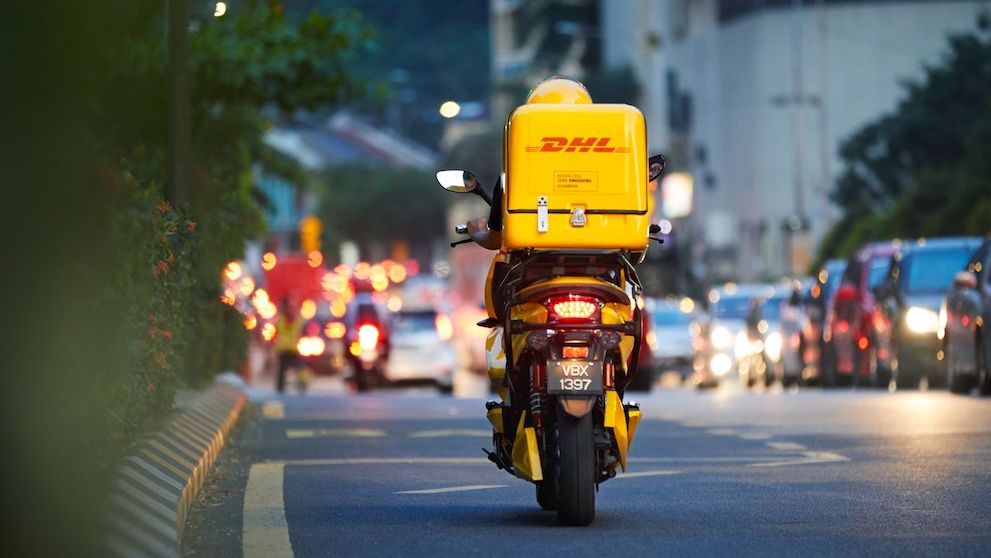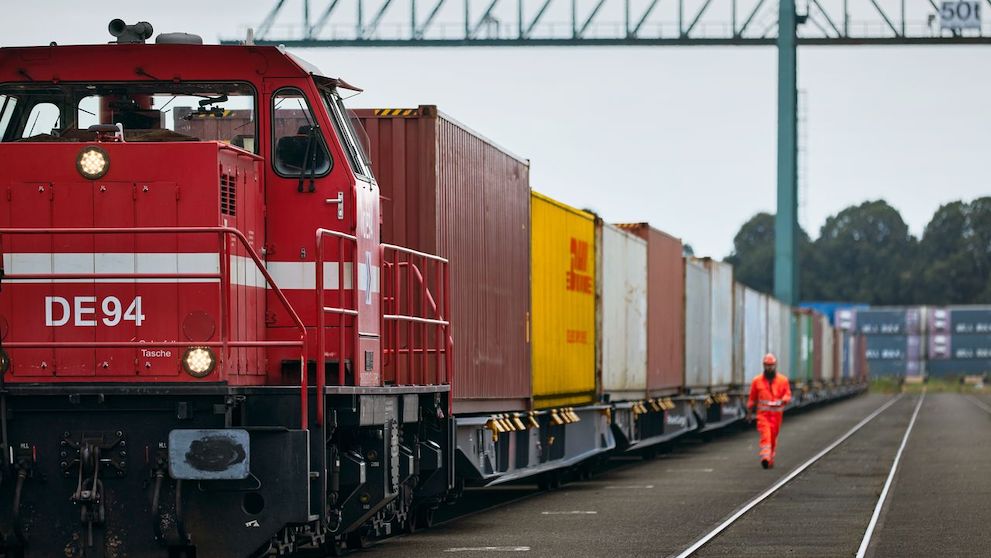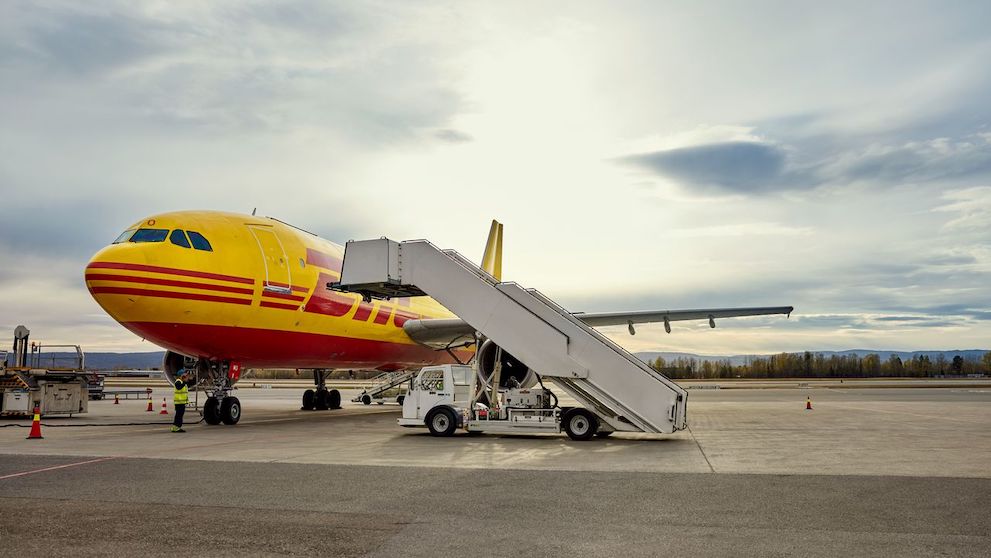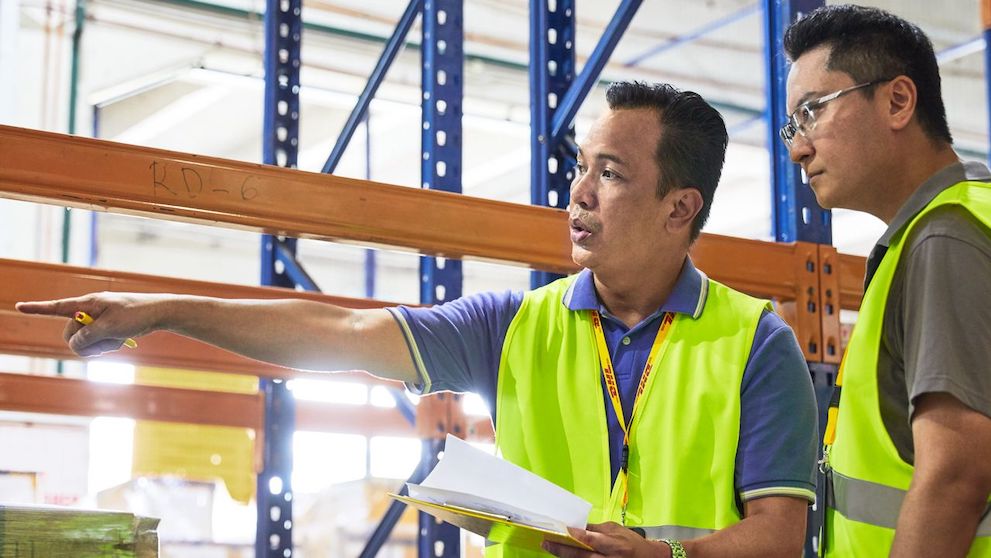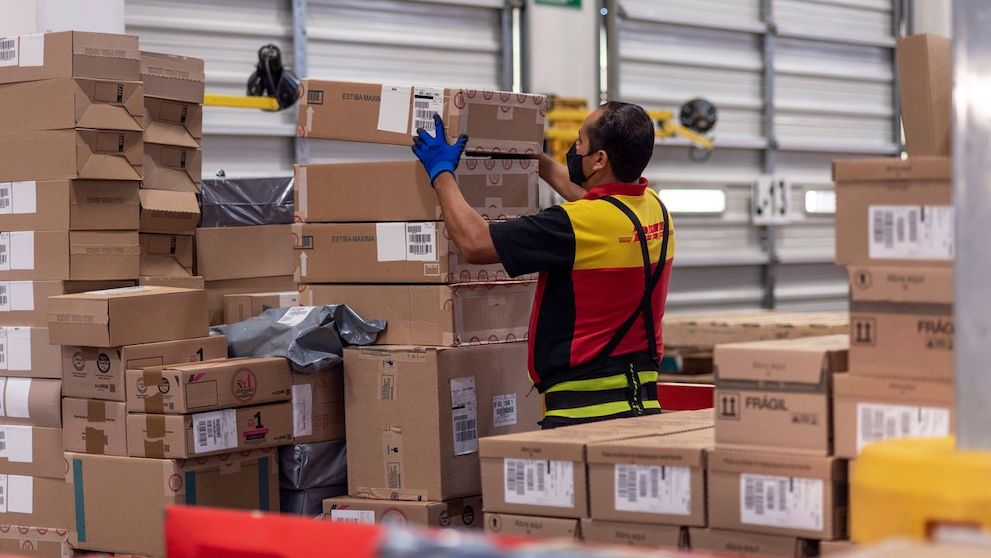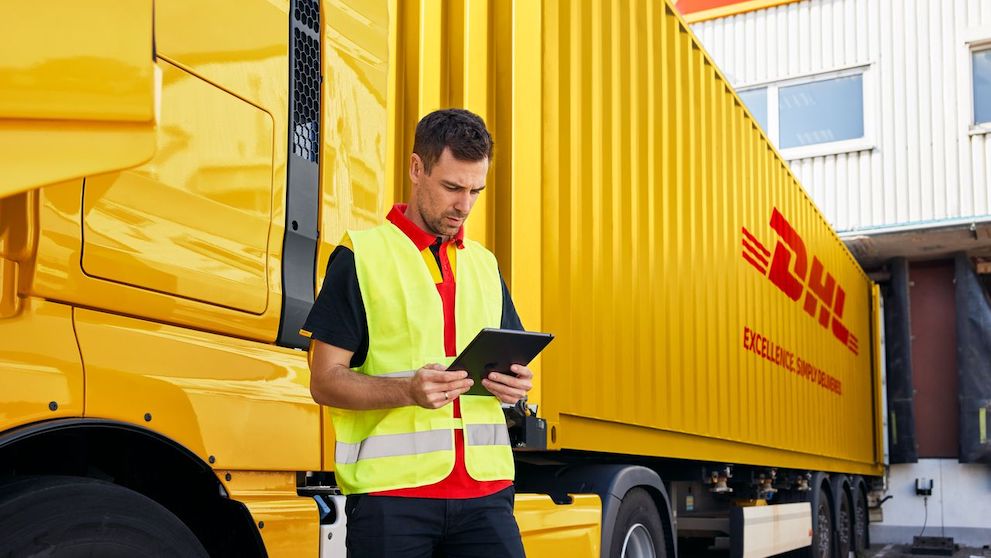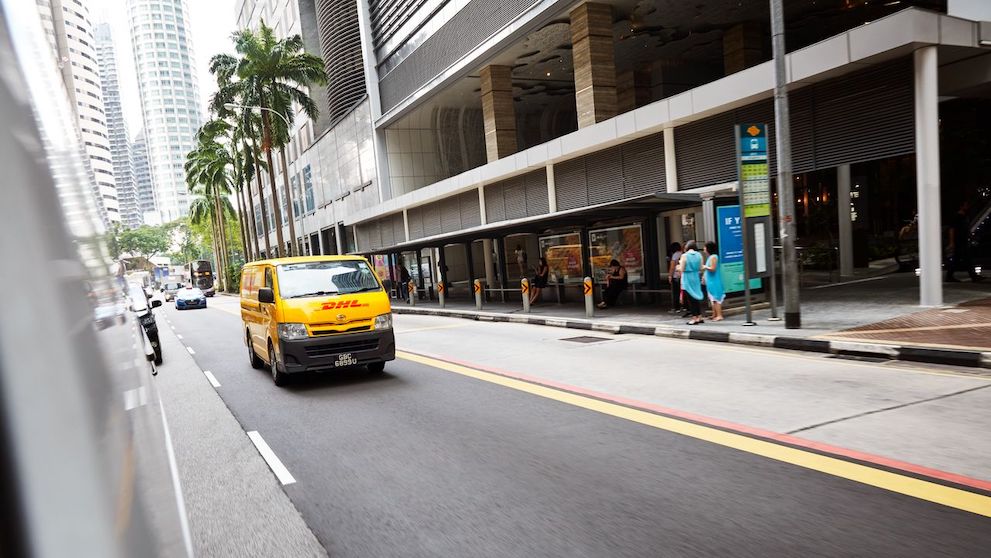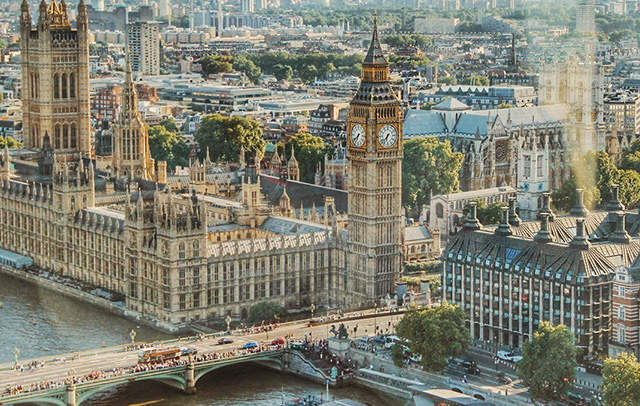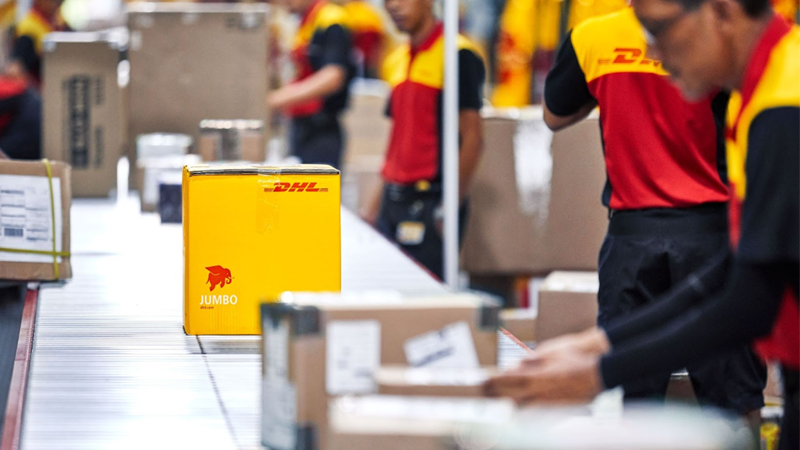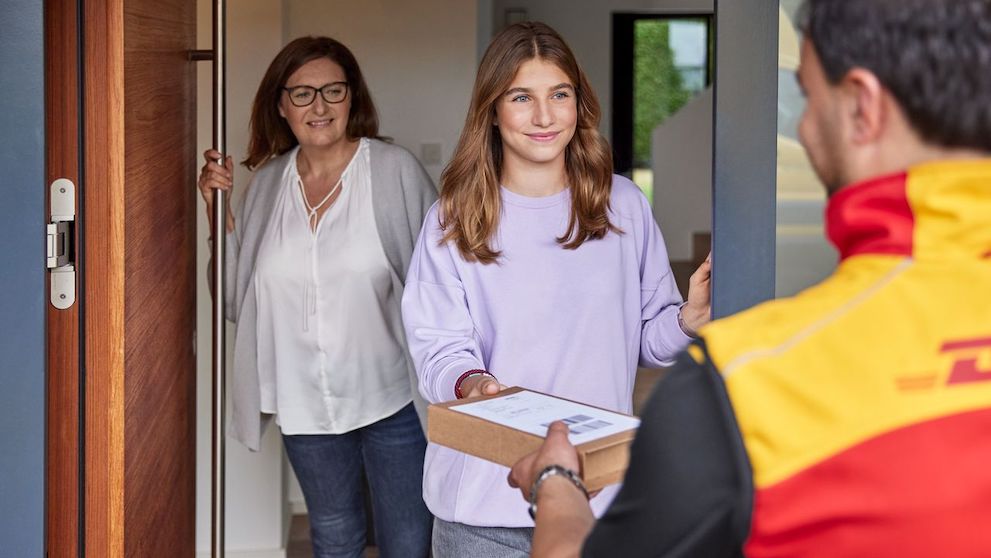Both Singapore and Germany enjoy excellent bilateral relations. In fact, trade with Asia already accounts for 20% of Germany’s global business. And since Singapore is Germany’s 19th biggest trading partner, it becomes extremely crucial to understand Germany’s customs rules and procedures in order to ship goods safely and efficiently. Therefore, if you want to avoid the hassle of shipment delays or the risk of shipping prohibited items, here’s a handy guide for you to follow:
Germany’s customs rules and procedures
Things to know about shipping document
The DOX product can only be used for items of correspondence for example documents, business documents, invoices, freight documents, etc. Only such items can be cleared by using a simplified customs clearance procedure. In case any other good(s) is/are accompanying the shipment, the DOX product is not applicable.
Additionally, shipments violating the requirements of the DOX product will be transferred to the appropriate product code, which may lead to delays. Some of the DOX items include:
Photographic slides
- Must be part of a manual or otherwise to be shipped via WPX.
Printed music or manuscript
- Only printed papers are accepted. Vinyl, records, etc. must be sent as non-document.
Passports
- Shippers must be made aware by origin stations about the following:
- Passports are frequently taken by Customs into temporary custody for examination. This is a lengthy procedure and creates considerable delays, whereby DHL has no influence, no matter what kind of escalation and re-tracing is done.
- Usually, Customs doesn’t pass any information to the shipper and/or consignee about this. If the passport is okay, it will be given back for forwarding. If not, it will be handed over to the border police for further legal actions, accepted as Document.
Diplomatic mail
- Only correspondence, documents, and printed matter as allowed in the document or non-document guide for Germany (DE) can be sent as DOX stating “diplomatic mail”.
- In case the shipment contains any item other than correspondence, document, and printed matter, it must be sent as non-document stating “diplomatic material”, bearing the seal of the foreign government, a label showing the stamp of the foreign government and addressed impersonally to a mission or consular post (e.g. embassy).
- A special customs clearance process is needed.
Things to know about shipping parcels
Advertising brochures, books (non-commercial use), booklets, brochures (non-adv), magazines, periodicals, and journals
- These items are only accepted as non-document in the member states of the European Union.
Computer software & computer storage devices, Microfiche & Microfilm
- For documents, only papers with a link or a password are permitted, whereas non-documents (Non-Doc) like computer software must be sent on CD, USB, etc.
- Storage devices must be sent as non-doc shipments.
Personal effects
- For copies of passport and flight tickets (including expatriates, their registration confirmation of hometown, or their city of return), a detailed list of contents is required.
- Expect a delay in clearance until all the necessary documentation is provided by the consignee.
Advertising brochures & booklets
- Advertising brochures are only accepted as non-doc in the member states of the European Union.
Alcohol
- Invoice must state the volume of alcohol as a percentage with the exact amounts. For beer, information about its degrees Plato is required.
Drugs in pharmacy with or without prescription
- Importing drugs in B2C and C2C is not allowed. Further, the B2B consignee must hold an appropriate license for commercial shipments.
Electronic equipment
- All hair removal and other cosmetic devices operating on the basis of photo epilation (IPL, laser, or diodes), thermal epilation, mechanical removal (including shaving) via electrical/ battery operation, electrology, transdermal electrolysis, or micro-waves must fulfill the strict requirements of the European Union and show the "CE" stamp on the product.
- Retroactive fulfillment of the requirements and/or marking/stamping after arrival is not possible.
- Devices or appliances failing to meet the requirements are subject to confiscation. This applies to appliances utilising these technologies for hair removal as well as other types of cosmetic or beauty treatments.
Animal fur (real), Textile articles, Finished leather goods
- The import of animal fur is subject to strict regulations.
- According to (EG) Nr. 1523/2007: Cat and dog fur and products containing such fur as well as (EG) Nr. 1007/2009: Seal products will require a CITES certificate as well as an LFE (Law on epizootic diseases), and they are only accepted as non-doc.
- Scientific names of the species from which their fur has originated are also required.
- If deemed necessary by the Washington Convention, a CITES certificate is also needed from the country of origin.
- An import CITES provided by the German Federal Agency for Nature Conservation is necessary, too.
Dangerous goods, hazardous or comb mats
- Dangerous goods declared according to IATA-DGR are not allowed for export from Germany.
- Import is only allowed if ADR 3.4 packing conditions (i.e. subsection 4.1.1.1, 4.1.1.2, and 4.1.1.4 to 4.1.1.8) are met. ID8000 is excluded from this.
- National transport is carried via only road and is possible under ADR 1.1.3.4 and 1.1.3.9. This restriction does not affect RTO shipments and has no impact on the ACS business.
- Please contact the regional Dangerous Goods Safety Advisor (DGSA) or the local Dangerous Goods Coordinator prior to shipping.
- Additionally, taxes and duties must be paid and cannot be combined with Incoterm DAP.
- Dangerous goods are prohibited to be sent to and from pack stations (24/7 service-point), Deutsche Post facilities (Filiale), and P.O. boxes.
- Class 7 dangerous goods (radioactive) are not accepted under any circumstances, both for export and import.
Antiques & work of art
- PRCP for restricted commodities is applicable to all shipments, regardless if they are insured or uninsured and are valued in excess of EUR 500,000 must be sent as a non-doc.
Coffee (including samples)
- For importing raw coffee, the maximum value should be EUR 22. If it is roasted, there’s no possibility of sample clearance i.e. duty and tax will be applicable.
- Contact the destination prior to accepting the shipment for any licenses or permits requirements.
Medical examination result
- For importing Dox, only papers like laboratory results, reports, or certificates are permitted.
- If the shipment contains Non-Doc items, then laboratory samples and other samples, storage media or devices containing results, etc., are permitted.
Foodstuff (including grain)
- If it’s a small quantity for personal use or samples, then the maximum value should be EUR 22.
- No foodstuffs are acceptable if they contain meat, fish, eggs, dairy products, or any other animal products of any kind. Foodstuffs containing only vegetables, fruits, etc. are allowed.
- If you are shipping food supplements and vitamins for commercial use, the consignee must provide an import license.
- All shipments (i.e. into Germany as well as those in transit to other European and Non-European countries) sent by disregarding the prohibition of animal products are subject to costly and complicated veterinary clearance prior to customs clearance. The consignee charges for such shipments to Germany are EUR 150.
- Shipments that cannot be cleared due to declined payment by the consignee or due to incomplete necessary documentation like health certificate, import license, etc., are subject to RTO or destruction.
Toys
- Toys or parts for toys (e.g. action figures, fidget spinner, electronic toys) must fulfill the strict requirements of the European Union and show the "CE" stamp on the product.
- Retroactive fulfillment of the requirements and stamping after arrival is not permitted.
- Toys or parts not meeting the requirements are subject to confiscation.
Military equipment
- A duty or tax-free clearance via form AE302 (or AE550 re-personal soldier shipments) must be supplied by a local military transportation officer for shipments to the US military facilities. Delays are expected depending on the speediness of availability.
Tobacco & tobacco products
- For such products, very high duty and tax are applied.
- For export and import, the customer must register the excise tax in the "Excise Movement and Control System" (EMCS). If a customer is not familiar with the EMCS, then they must appoint a 3rd party broker to make entries on their behalf. DHL will neither make the entries nor act as a tax consultant.
- The invoice must clearly state the exact number of articles per type or brand.
- If customs or customers request a physical inspection to determine the contents, the importer must pay a fee of EUR 35 for a per-commenced hour. The fee cannot be paid via DDP/DTP and it applies even if the inspection is related to transit to a bonded warehouse for self-clearance. Note: it is only accepted as non-doc.
All shipments containing goods or goods mixed with items of correspondence are considered as non-doc shipments and are subject to regular customs clearance procedures. Shipments can be held in LEJ (Leipzig) for a maximum of 10 calendar days. If customs clearance isn’t completed within that time frame, the shipments will be subject to return to origin (RTO) arrangements.
- Repair, return and temporary import can be only done via a broker nominated by the consignee or via a duty-free clearance or Carnet ATA.
- For exhibition goods such as FAQ fairs, events, and exhibitions, information about the name of fair, date of fair, and number of hall and stand is mandatory.
- For WPX (Worldwide Parcel Express), if it is an Incoterm DDP as per the invoice, the shipper must confirm that the consignee in DE agrees to be IOR (Importer of Records), otherwise, the shipment will be unacceptable.
Complete process to ship your parcel from Singapore to Germany
The shipping process from Singapore to Germany is easy to follow. All you need to do is:
- Create your AWB
- Prepare the invoice and fill in the details accurately
- Then, carefully start packing your own shipment
- Finally, hand it over to DHL Express.
You can do that by scheduling for a parcel pick-up date and time through our shipping tool MyDHL+ or by calling our customer care service or by self-lodging it at any DHL retail store near you. When that’s done, start tracking it via our tracking tool.
Important note:
For customs clearance, ensure to follow these steps:
- Waybill must state the phone numbers, full shipper’s and receiver name, Email, proper and complete goods description, declaration of value, and the currency.
- Invoice must include detailed information regarding the shipper (exporter), receiver (importer), their EORI number, proper and complete goods description (ideally including CTN – Customs Tariff Number), value and country of origin, freight charges, Incoterms including place of delivery and preferential statement (if applicable).
Shipping rules for Business-to-customers (B2C)
Every B2C shipment is subject to formal clearance. For formal clearance, proof of payment is required, so that customs can assess the import duties. Shipments less than EUR 22 (de-minimis) may be cleared via a simplified procedure (until 6/2021) only in compliance with PRCP. Simplified procedure is applicable for those shipments containing personal belongings of refugees and goods for relocation from third countries into the EU, according to (EC) 1186/2009.
Check out this link for more details - https://www.zoll.de/EN/Private-individuals/private_individuals_node.html.
Advantages of using DHL Express
- DHL’s network coverage spreads over 220 territories and countries
- DHL provides an extensive range of door-to-door international services
- The flexible delivery options allow customers to decide the time and place for package delivery
- Customers can check the real-time status of their shipments
- With the many shipping tools like MyDHL+, MyBill, and ODD (On-Demand Delivery), it makes your shipping easier and safer
- Provides package collection time as per customers’ choice.
If our guide covers all the items that you wish to ship from Singapore to Germany, then go ahead and start shipping. For more details, contact our Certified International Specialists today.

